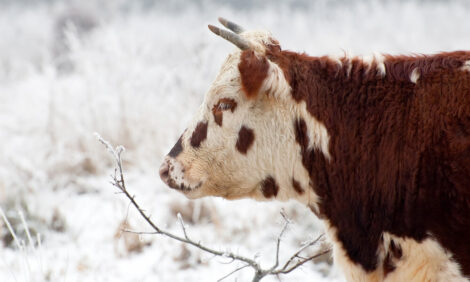



Scientists Look To Vaccines In The War On E. Coli
CANADA - A scientist at the National Institutes of Health, says the best way to prevent people from being poisoned by deadly E. coli would be to vaccinate all infants against the bacteria, but Graeme McRae, a Canadian biotechnology executive, says it would be more practical to inoculate cows instead.Vaccines for people and for cattle are just two approaches under development to prevent or treat food poisoning by the strain E. coli O157:H7.
Right now, scientists can do little medically to fight the pathogen, which was responsible for two severe outbreaks last fall. The main approach has been to try to prevent contamination through careful handling, rigorous inspections and government regulation.
Slaughterhouses have already sharply reduced contamination through practices like washing carcasses with hot water, steam or acids. Now the focus is on new procedures and regulations for the fresh-produce industry.
Some researchers say medical approaches could eventually supplement food-processing measures. To pave the way, an advisory committee of the Food and Drug Administration met on April 12 to discuss how to run clinical trials of drugs to treat E. coli infections.
On the animal side, a vaccine for cattle developed by Mr. McRae’s company, Bioniche Life Sciences, was approved in December for distribution to veterinarians in Canada. Studies have shown that the vaccine can reduce but not eliminate the E. coli shed into manure.
Not only does that make the cows cleaner as they go into the slaughterhouse, but it could also conceivably reduce the risk that the germ will spread from a feedlot to a nearby produce field though water or wild animals. Cows and their manure are considered the major sources of the pathogen.
“If we can reduce the likelihood that animals are going to carry the bacteria, then we might reduce over time what they put out into the environment,” said Guy Loneragan, a veterinary epidemiologist at West Texas A&M University, who has received financing from the beef industry.
Other methods being tested include cattle antibiotics, an industrial chemical, bacterial-killing viruses and friendly bacteria to displace the evil ones.


